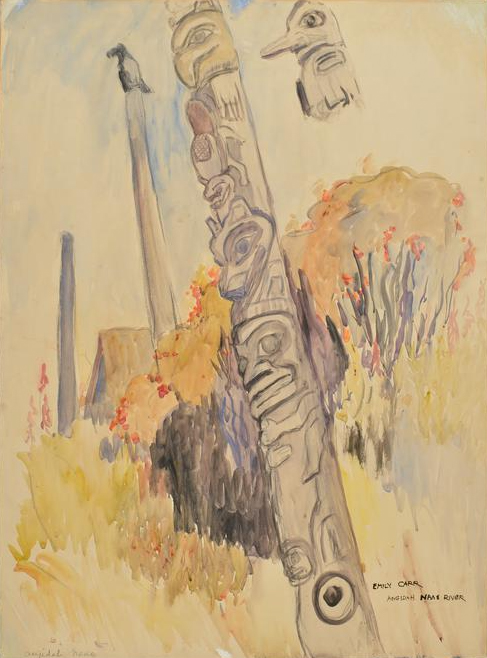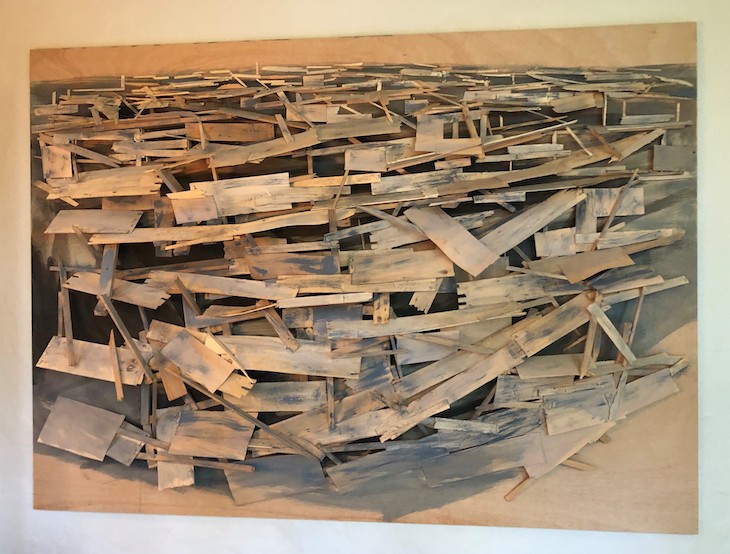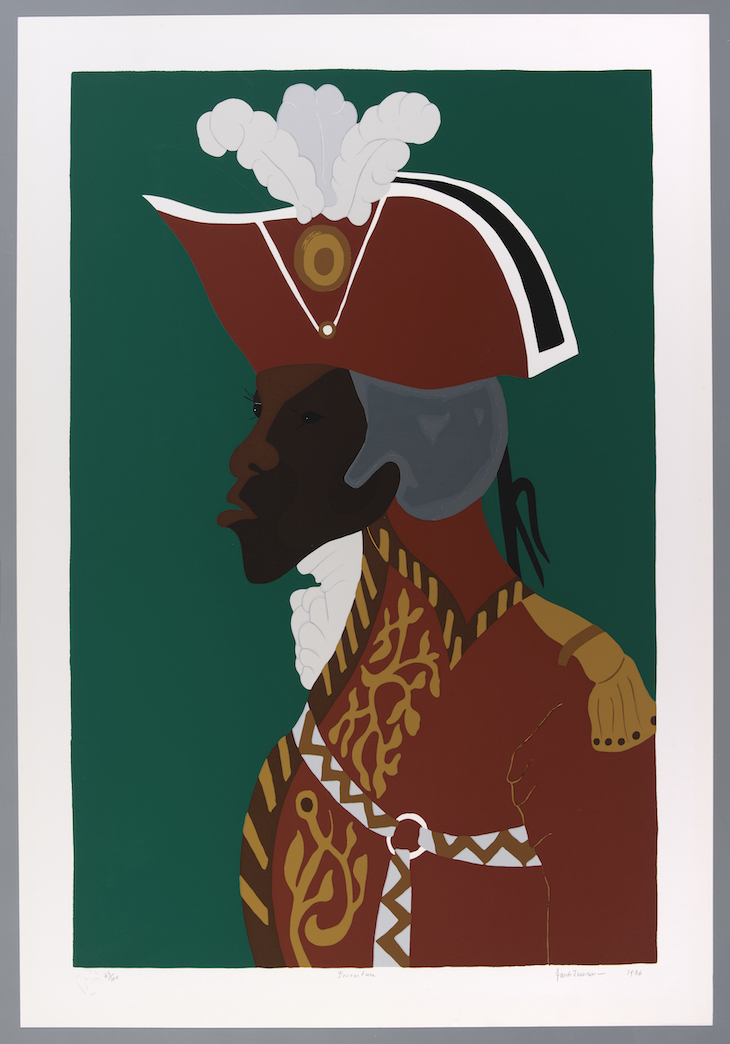A round-up of the best works of art to enter public collections recently
Art Gallery of Greater Victoria
Two paintings by Emily Carr
Emily Carr is one of Canada’s best-known artists, but the Art Gallery of Greater Victoria has held few of her works until now. These two paintings were acquired by the paternal and maternal grandmothers of the brothers Ian and Andrew Burchett, who have donated them to the gallery along with a number of other Canadian paintings from their family’s collection. The works date to two distinct moments of Carr’s career: the earlier, from around 1907, depicts a Nisga’a totem pole reflecting Carr’s long interest in indigenous Canadian communities; the later, an untitled landscape thought to date to the early 1930s, evinces the post-Impressionist influences Carr picked up during her studies in France.

Angidah Naas River (c. 1907), Emily Carr. Art Gallery of Greater Victoria
Baltimore Museum of Art
Promised gift of 375 works from the collection of John Waters
The film-maker John Waters has promised to bequeath some 375 works from his collection of post-war art to the Baltimore Museum of Art, which held a retrospective of his own work – in the city where he was born and raised – in 2018. The donation includes works by Roy Lichtenstein, Diane Arbus, Catherine Opie and Cy Twombly among many others, as well as some 90 prints, sculptures, videos and other mixed-media works by Waters himself. In exchange, the museum will rename the domed room in its European paintings wing after Waters, as well as the bathrooms in its east lobby – a nod, he says, to Marcel Duchamp’s Untitled (Fountain) (1917).

Destruction no. 8. (2016), Tadashi Kawamate. View of painting installed in John Waters’ home. Photo: Jen Berg/John Waters Studio
Barber Institute of Fine Arts, Birmingham
The Reader (1817), Marguerite Gérard
Marguerite Gérard’s accomplishments as an oil painter led to a long and successful career, but since her death in 1837 her work has been largely forgotten – especially when compared to that of her teacher and brother-in-law, Jean-Honoré Fragonard. This intimate and enigmatic double portrait of a mother and her son is the first painting that can be firmly attributed to Gérard to enter a UK museum; acquired by the Barber at TEFAF Maastricht in March, it is now on display to the public for the first time.

The Reader (1817), Marguerite Gérard. Photo: © Barber Institute of Fine Arts, University of Birmingham
Colby College Museum of Art, Waterville, ME
Silkscreen prints from Jacob Lawrence’s Life of Toussaint L’Ouverture
Towards the end of his career, in the 1980s, Jacob Lawrence returned to his first major narrative series – The Life of Toussaint L’Ouverture, a suite of 41 tempera paintings completed in 1936–38 depicting scenes from the life of the leader of the Haitian Revolution – and selected 15 panels to reproduce as silkscreen prints. Few complete sets of these prints survive, but one has now been donated to the Colby College Museum of Art by its long-time benefactors Peter and Paula Lunder.

General Toussaint L’Ouverture (1986), Jacob Lawrence. Colby College Museum of Art
Musée des Beaux-Arts de Libourne
Doctors of the Church (late 16th century), attributed to Michelangelo di Pietro Membrini
This panel was identified last year by Matteo Gianeselli, a curator at the Musée National de la Renaissance in Écouen, as being part of a 16th-century predella, likely painted for a church in Lucca or nearby by the local painter Michelangelo di Pietro Membrini. Gianeselli alerted the Musée des Beaux-Arts in Libourne, where two other panels from the predella are held, that the work was coming up for sale at the Florentine auction house Pandolfini. The predella shows scenes from the life of Saint Dominic, who founded the Dominican order of friars in the early 13th century.

Doctors of the Church (late 16th century), attributed to Michelangelo di Pietro Membrini. Musée des Beaux-Arts de Libourne
Musée du Louvre, Paris
Juno among the Clouds (c. 1735), Giambattista Tiepolo
This magnificent fresco depicting the Roman goddess Juno, some 3.5m high, was completed by Tiepolo for the Sagredo Palace in Venice in around 1735. Detached from its original setting and mounted on hardboard at around the turn of the 20th century, it has now been acquired by the Louvre at a cost of more than €1.5m, thanks to the support of the Société des Amis du Louvre; it is the first large-scale work by the Italian master to enter the Louvre’s collection.

Juno among the Clouds (c. 1735), Giambattista Tiepolo. Photo: © musée du Louvre/Hervé Lewandowski














![Masterpiece [Re]discovery 2022. Photo: Ben Fisher Photography, courtesy of Masterpiece London](http://zephr.apollo-magazine.com/wp-content/uploads/2022/07/MPL2022_4263.jpg)
‘Like landscape, his objects seem to breathe’: Gordon Baldwin (1932–2025)